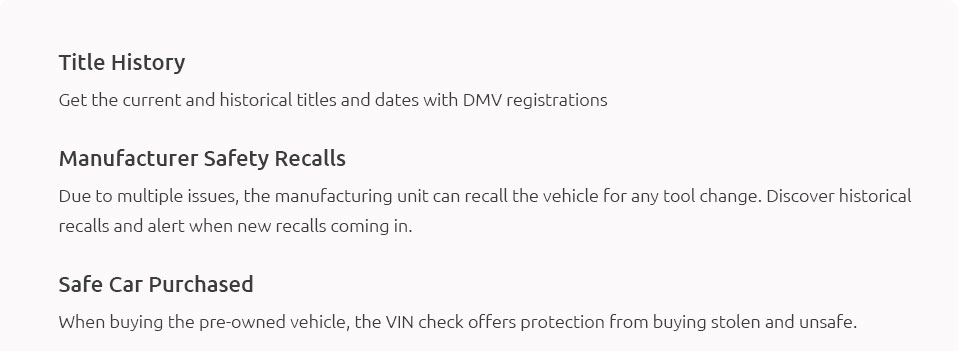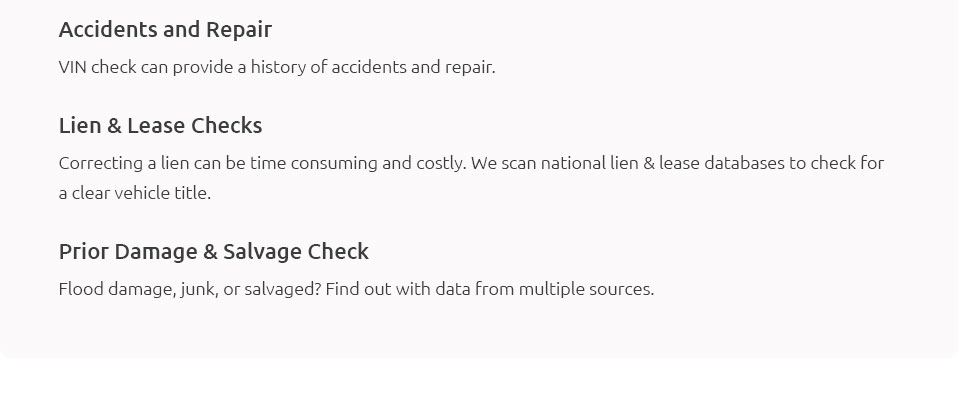 |
 |
 |
 |
 |
||
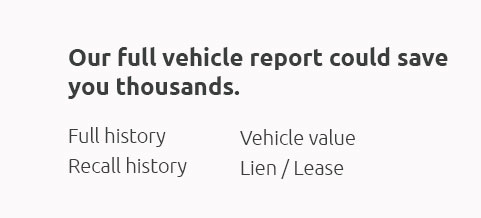 |
 |
|
 |
 |
|
 |
 |
 |
 |
||
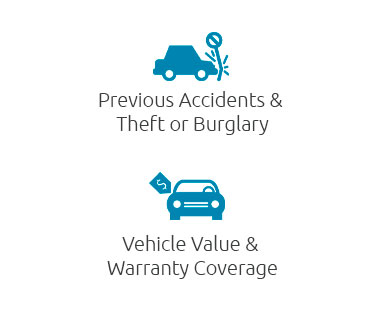 |
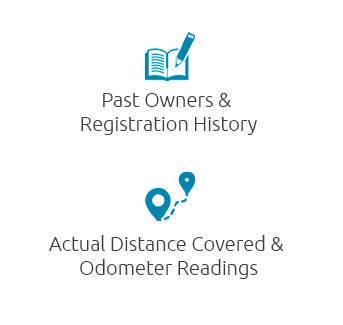 |
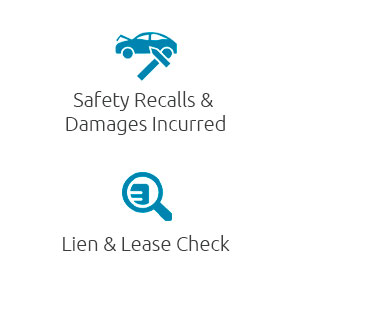 |
 |
 |
 |
||||
|
||||
 |
 |
Understanding the Power of Checking Car Details Using VINIn the modern age of vehicle ownership and sales, the Vehicle Identification Number (VIN) stands as a crucial tool for prospective buyers, current owners, and even casual enthusiasts looking to delve into the intricate details of any automobile. This unique string of 17 characters is akin to a car's fingerprint, offering an expansive array of information that can significantly influence purchasing decisions and ownership experiences. But what exactly does one achieve by checking car details using a VIN, and why is it so indispensable? Firstly, understanding the VIN is essential because it provides a comprehensive history of the vehicle. Every vehicle manufactured since 1981 has been assigned this unique code, which encapsulates the car's manufacturer, specifications, and even its place of assembly. By decoding this number, one can ascertain details such as the engine type, model year, and more, which are invaluable for anyone from car enthusiasts to potential buyers seeking clarity on what exactly they might be purchasing. Beyond the basic specifications, checking a VIN allows access to a vehicle's history report. This report is a treasure trove of information, revealing past accidents, title changes, and even recall information. One might wonder, why is this significant? Consider this: purchasing a used vehicle without checking its history could lead to unexpected repairs or, worse, unknowingly acquiring a stolen vehicle. Thus, the VIN serves as a safeguard, providing peace of mind by ensuring transparency. Moreover, for those curious about the financial aspect, the VIN can be used to lookup car value based on VIN. Understanding the market value of a vehicle is not only crucial for buyers but also for sellers who wish to ensure they receive a fair price. This valuation is often more accurate as it considers the specific history and condition of the vehicle rather than relying on generic models and makes. Another intriguing facet is the ability to verify ownership records. For those wondering, 'can I check who a vehicle is registered to,' the VIN offers a pathway to exploring registration data. This is particularly useful in situations where a buyer needs to confirm the legitimacy of a seller or when tracking down the rightful owner of an abandoned vehicle. Although privacy laws can restrict access to personal information, the VIN remains a vital link in understanding a vehicle's provenance. Some might argue that the reliance on VIN checks can be overstated; however, given the complexities and potential pitfalls of vehicle ownership, it seems more prudent than ever to leverage this tool. For instance, in cases of insurance claims or when verifying a vehicle's authenticity for classic car competitions, the details gleaned from a VIN check are indispensable. Furthermore, as technology continues to advance, the ease of accessing and interpreting this information grows, making it an accessible resource for all. In conclusion, the VIN is more than just a sequence of numbers and letters; it is an entryway into a car's past, present, and future. Whether you're an eager buyer, a cautious seller, or a curious owner, understanding and utilizing the power of the VIN can not only protect your investment but also enhance your entire car ownership experience. As we move further into an age where data reigns supreme, the value of this small yet mighty identifier will undoubtedly continue to rise. https://www.carfax.ca/tools/vin-decode
The location of a VIN depends on the make and model of the vehicle, but it is most commonly found on the vehicles dashboard. You'll be able to find it in one of ... https://www.checkmyvin.com.au/
Lookup a car or motorbike VIN to check that there is no money owing, stolen or written-off status. Enter your VIN. Check. Where is the VIN located? https://www.autodna.com/vin-check
Checking the VIN gives you the opportunity to obtain vehicle history reports for inspected cars. To find the VIN, you can look at several locations: on the ...
|

